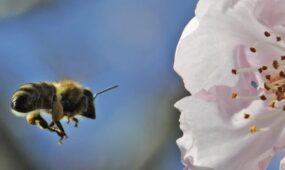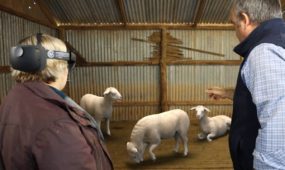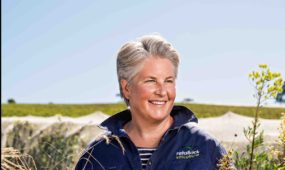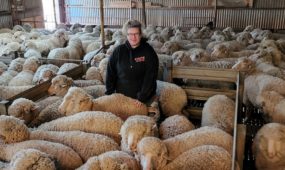Two Dogs legacy lives on in South Australian hard lemonades
Primary Industries
When Adelaide publican and entrepreneur Duncan MacGillivray launched a hard lemonade made from unsaleable fruit in 1993, South Australia quickly began climbing to the top of the alcopop tree.

Sign up to receive notifications about new stories in this category.
Thank you for subscribing to story notifications.
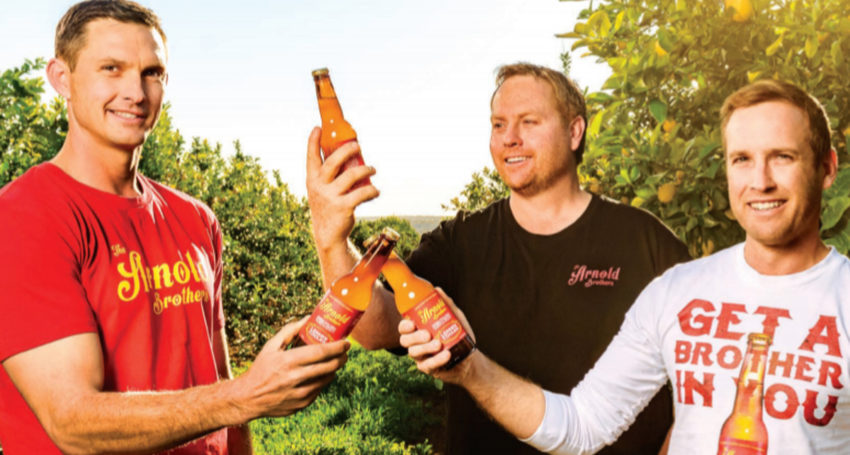
A quarter of a century after Two Dogs sparked the RTD revolution, a renaissance of sorts is brewing as an increasing number of South Aussie drinks companies vie for their slice of the once lucrative hard lemonade market.
Two Dogs Lemonade was an instant hit in Australia and the United Kingdom and quickly reached an annual global turnover of AU$150 million. In 1996, McGillivray, who died in 2014, sold Two Dogs to French beverage giant Pernod Ricard, which later sold it to Japanese brewer Kirin in 2006.
The Riverland’s Woolshed Brewery launched its Utopia Hard Lemonade in 2014 and followed it up with a ruby grapefruit version – Rude Ruby – in 2016.
The two drinks have become Woolshed’s flagship products and are sold in more than 200 outlets in South Australia, Victoria, New South Wales and Queensland with a Northern Territory launch in the coming weeks. Their volume has topped 100,000 litres in the past 12 months, easily outpacing its 70,000-litre beer production across seven styles.
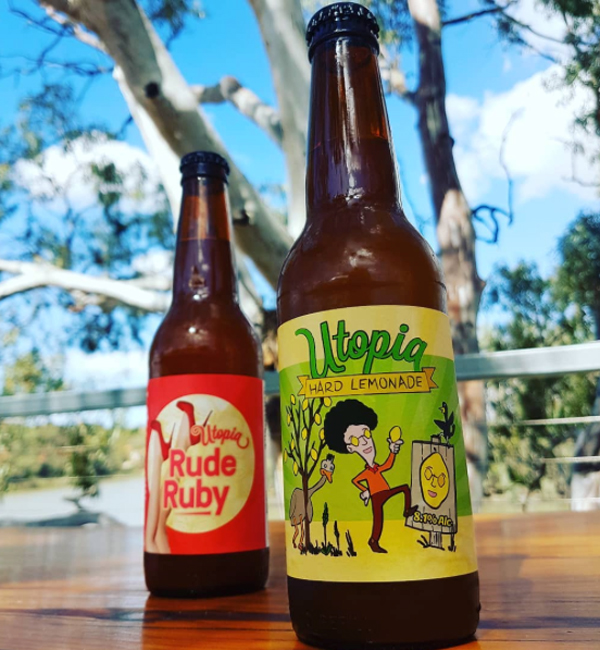
“It’s growing ridiculously – it’s huge,” Woolshed Brewery director and part-owner Sarah Freeman said.
“We’re just making more and more and trying to keep up with demand at the moment, it’s really exciting.”
Both products are white-wine based and have an 8.1 per cent ABV, meaning they can be sold as a wine product and avoid the Federal Government’s alcopop tax. The gordo grapes and ruby grapefruit juice are sourced from local growers while the lemon juice is bought from iconic Riverland juicer Nippy’s.
However, Freeman is quick to point out that much of the drinks’ appeal is because they are significantly different from everyday “artificial, sickly sweet” RTDs.
“I think people are becoming a lot more conscious of what they’re drinking now,” she said.
“The craft beer industry has got people wanting to know the story behind where it comes from and how it’s made, does it use natural ingredients and is it gluten free, which all the Utopia products are.”
Despite the national distribution, the Woolshed Brewery at historic Wilkadene Station on the banks of the River Murray about 20km north of Renmark is still its biggest sales point.
“On a big weekend we’ll get 300-400 people through our door and a lot of those sales are Hard Lemonade and Rude Ruby,” Freeman said.
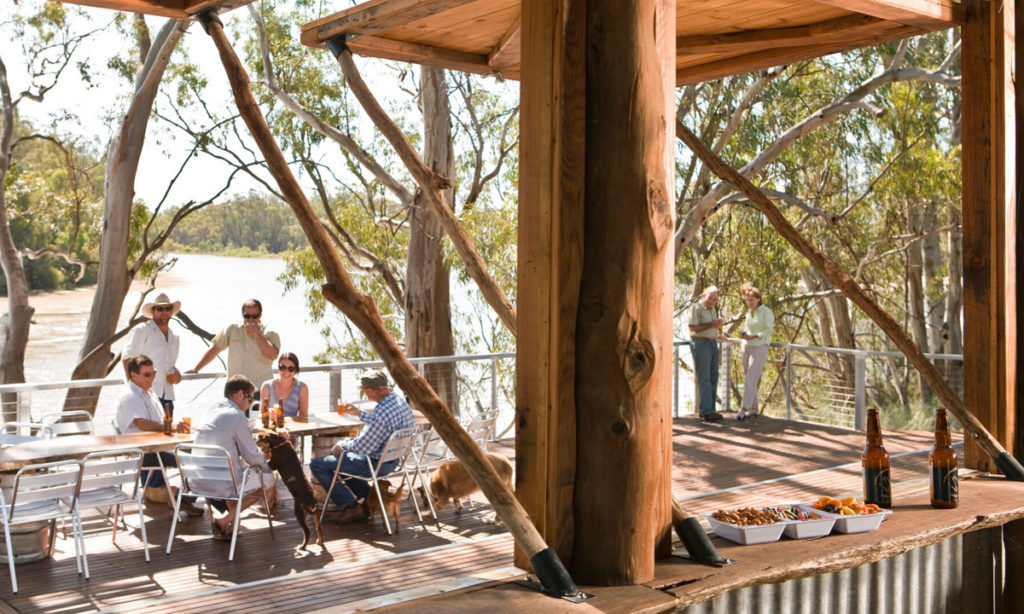
The scenic view from the Woolshed Brewery on the banks of the River Murray north of Renmark.
South Australia’s Riverland is a major citrus growing region and is the nation’s largest wine region, providing an abundance of quality, affordable fruit.
The Arnold Brothers – citrus and grape growers near the Riverland town of Loxton – began selling their Lemon Cooler in mid-2016 after “three or four years” of experimentation.
Like the Woolshed products, the Lemon Cooler is white wine-based and weighs in at a punchy 8 per cent.
The Arnold Brothers – Michael, Tim and Ryan – took to making hard lemonade when the price offered for their gordo blanco muscat grapes was slashed.
The grapes are now made into wine by Monash-based Riverland Vintners and blended with their lemons, which are juiced for them by Nippy’s.
The initial batch of 5000-litres has grown into further 15,000-litre batches, which are bottled in Mildura and sold in about 65 outlets in South Australia and the Sunraysia region of Victoria and New South Wales.
“It’s really refreshing and it’s all local stuff from a small producer,” co-director Michael Arnold said.
“It’s an alternative – there’s not a lot like it – and I think people are enjoying a different drop.”
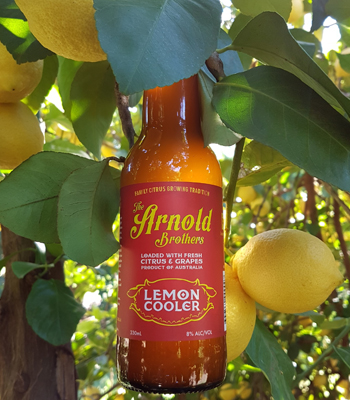
The Arnold Brothers were among 180 exhibitors at the Cellar Door Festival at the Adelaide Convention Centre last weekend.
“We had feedback from a lot of people at the Cellar Door Fest who were saying ‘oh wow, this is a bit like Two Dogs, it’s back’ so that was good that people were really enjoying it,” Michael said.
“People are starting to hear about the Arnold Brothers and how we just blend the two things we grow well to make a nice boutique cooler.”
Sparkke Change Beverage Company brews its hard lemonade at Vintners Winery in McLaren Vale and cans it in nearby Willunga.
The female-led company launched a little over a year ago and has six products, which also include cider, alcoholic ginger beer, white wine with bubbles, pilsner and a New England pale ale. Its drinks are sold in about 170 outlets across mainland Australia.
With their strapline ‘Made By Women For Everyone’, each beverage is aligned with a social change campaign and a portion of sales donated to the cause.
Sparkke’s Nipples are Nipples Lemonade seeks to shine a light on gender equality and raises money for the Her Words campaign.
Unlike some of its higher-alcohol counterparts, Sparkke’s lemonade is a sessionable 3.5 per cent, making it also suitable as a mixer with a kick or a cocktail base for gin or vodka based concoctions.
The hard lemonade, along with Sparkke’s ginger beer and sparkling white wine were on sale at several recent Sydney Mardi Gras events including the March 3 parade.
But not everyone is riding high on a wave of hard lemonade. Vok Beverages, the liquor arm of the South Australian-based Bickford’s Group, launched its Lemon Ed hard lemonade in late 2014, which was brewed at the Vok-owned Step Rd Winery in Langhorne Creek. However, Vok’s Marketing Manager Chris Illman this week confirmed the 4 per cent ABV Lemon Ed had been “deleted” because of poor sales.
Jump to next article
